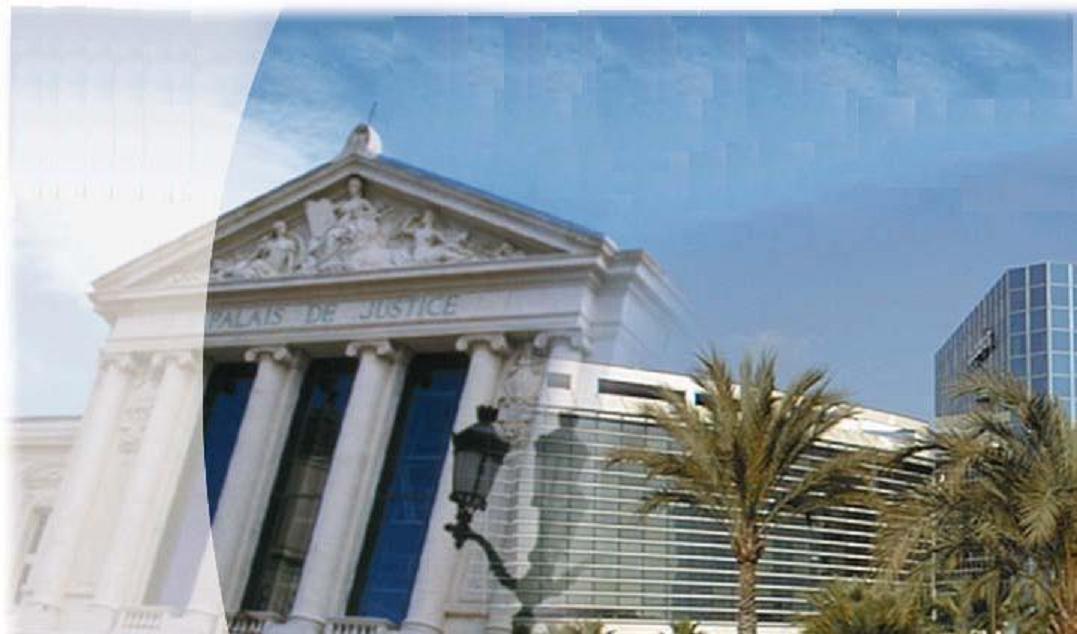|
France Process Service What we do |
|
![]()
UK Tel. 0203-445-0720 FR. +33 (0)486 688 968 fabien.cordiez@france-process-service.com
|
|
Service of Process in France from Abroad How to avoid the most common pitfalls when applying the Hague Convention on the Service Abroad of Judicial and Extra-Judicial Documents in Civil or Commercial Matters.Where a claimant located overseas (a "Non-French Claimant") considers bringing a legal action again a company or an individual located in France (a "French Defendant"), the Non-French Claimant's solicitor/attorney will need to advise his client as the relative advantages and disadvantages of bringing the action outside France or in France. Paris If a decision is made to commence proceedings before a Court located outside France, it is important that service of process be effected in a timely manner, to avoid an issue of litis pendence (an issue discussed below). The purpose of this page is to assist non-French legal counsel for a Non-French Plaintiff in avoiding certain common pitfalls with respect to service of process in France. Service of Process Options The November 15, 1965 Hague Convention on the Service Abroad of Judicial and Extra-Judicial Documents in Civil or Commercial Matters should be reviewed with care. Article 5 of the convention sets non-exhaustive options for service of process:
A copy of the Hague Convention is available here: Even if service is to be effected through a "Central Authority", the summary referred to in the last paragraph of Article 5 should not be overlooked. A bi-lingual (English/French) summary is to be completed in both English and French when using the Central Authority for service in France. While the Hague Convention allows service through governmental channels, Article 5 (b) allows service of process in the manner proscribed in the the laws of the country where service is to be effected. As any Central Authority (government-to-government) services are generally slow and and the feedback even slower, it is may be prudent to effect service of the papers in France using our services. Unless legal counsel of the Non-French Plaintiff is used to selecting and working direct with French bailiffs, the use of local French counsel is a justified expense. Article 10 of the November 15, 1965 Hague Convention on the Service Abroad of Judicial and Extra-Judicial Documents in Civil or Commercial Matters provides a second, non-exclusive option for service of process.
Thus, it is possible to use a French process server without using the services of the Central Authority. This second alternative permits off-shore lead counsel and such counsel's local French counsel to avoid a number of potential defects in service of process in France which may otherwise go unidentified until exequatur is sought may years a later. It is our firm's experience that most summons prepared by able off-shore legal counsel contain omissions which leave them open to attack in an action in exequatur. Thus, the participation of French counsel in the preparation of any summons and complaint is recommended. Language of Documents and Translations Assuming that the original summons is not in French, it is recommended that a translation be attached, unless the Defendant speaks perperfect English, as the French Defendant may otherwise successfully claim that service was not valid by invoking the terms of Article 688-6 of the French "Code of Civil Procedure".
Avoiding enforcement issues Ultimate results in international litigation and settlement negotiations are often determined by successful, judicious forum shopping. Non-French legal counsel for a Non-French Plaintiff should not assume that selecting a non-French judicial forum will lead to the best result, as, inter alia, French courts may, by application of French internal law, refuse to enforce (grant exequatur of) certain foreign final and executory judgments. Accordingly, if the prospective defendant is French, the choice of forum issue should normally be discussed with French counsel. Avoiding Litis Pendence Once the informed decision is reached to select a non-French judicial forum will lead to the best result, it is important that the French defendant be validly served first. Failure to effect valid service on the first try could offer the French defendant the possibility of serving the Non-French Plaintiff "first" and thereby creating a situation of litis pendence in France, thereby possibly denying the Non-French Plaintiff the home court advantage which his counsel deemed preferable. French bailiffs have a statutory monopoly on the right to effect service of process in France. PStrict pocedures are followed by French Bailiffs when effecting Service of Process. When a French bailiff serves a summon notifying a person or a corporation in France that he/it has been sued in France or in another county, such process process server must follow certain statutory requirement. The most important statutory provision are set forth in Articles 648 - 659 of the Code of Civil Procedure ("CPC"). N.B.: When preparing a summons to be served in France, counsel should read with care Articles 648 of the CPC as it lists certain information which should be contained in the summons.
|
![]()
http://www.solicitor.frhttp://www.solicitor.fr
Member of the Aix-en-Provence Bar Association and the Law Society of England & Wales - Law Society number 331485 - Practising as Avocat
